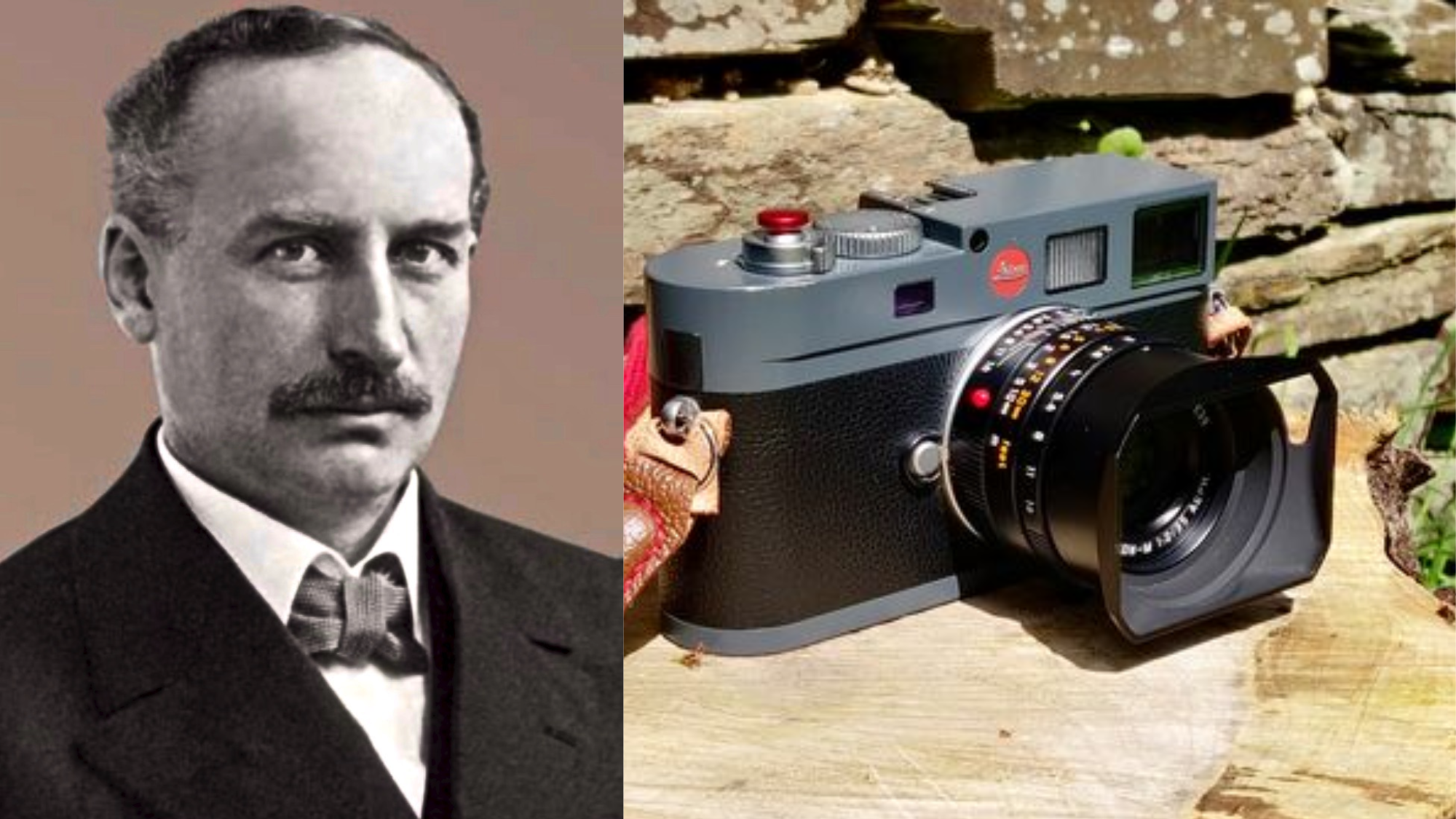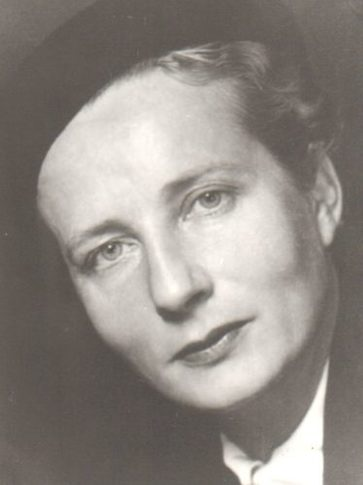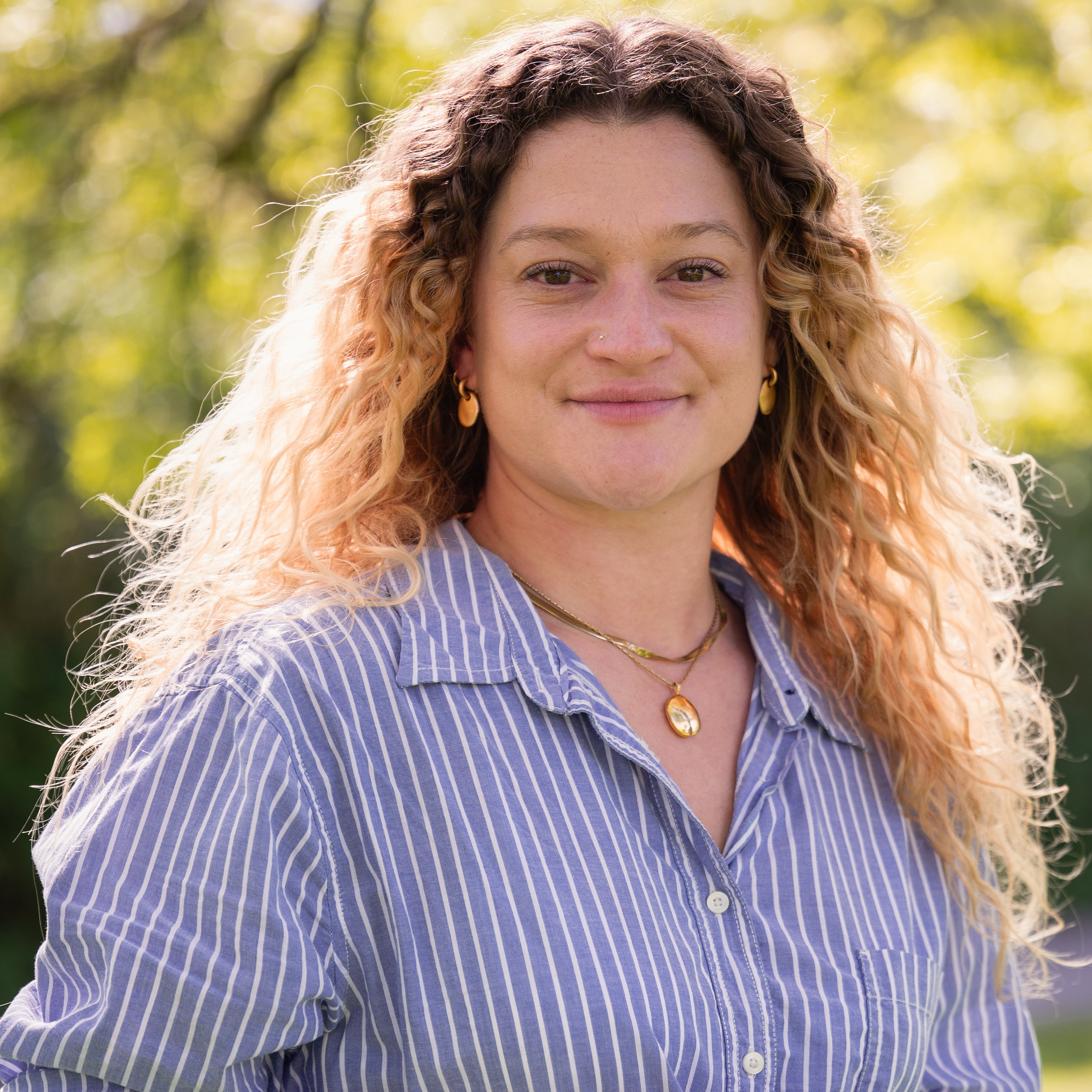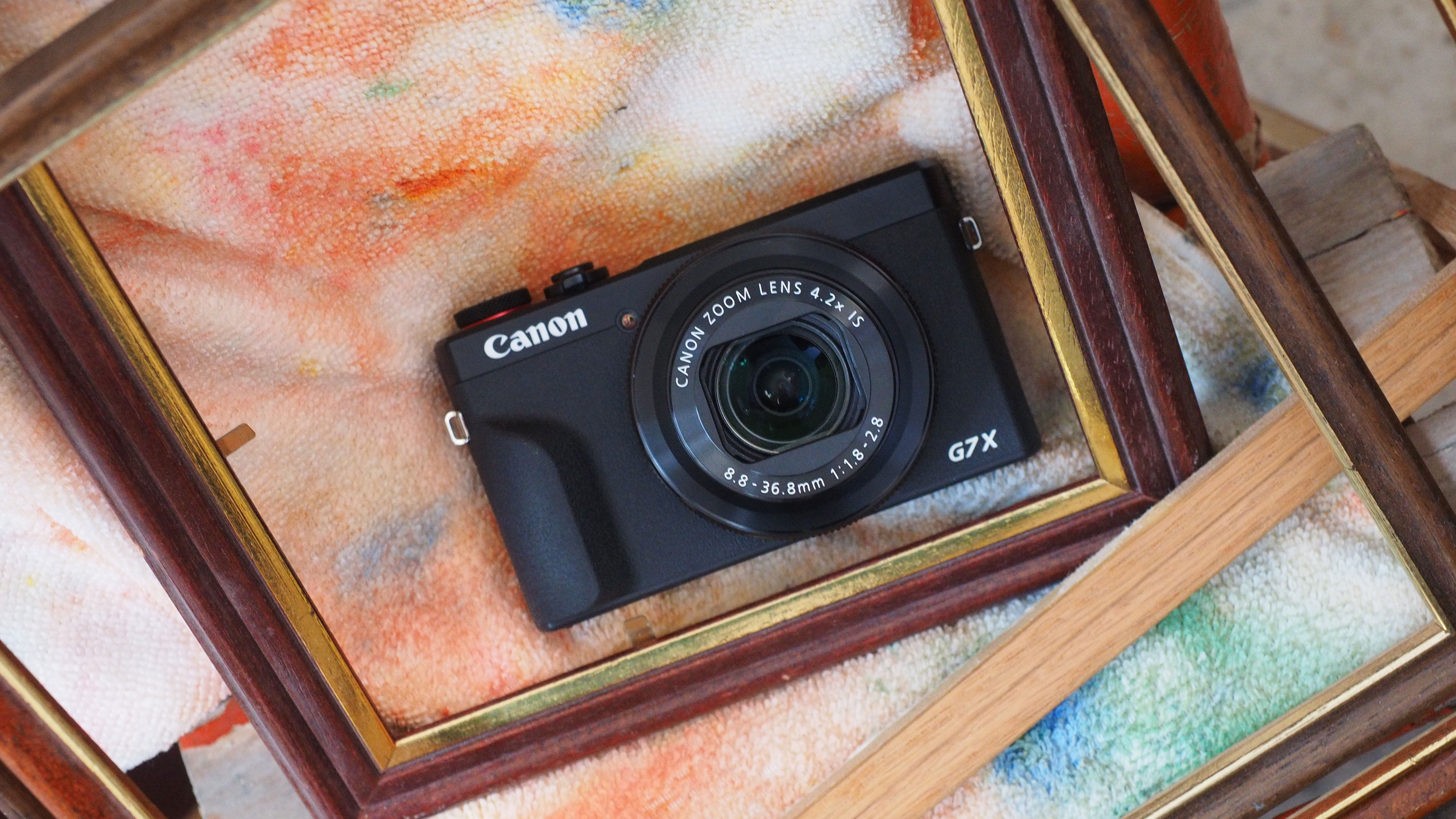New film to tell story of Leica founders mission to save Jews during World War II
Ernst Leitz helped hundreds of Jewish people escape Nazi Germany during World War II

The best camera deals, reviews, product advice, and unmissable photography news, direct to your inbox!
You are now subscribed
Your newsletter sign-up was successful
Filmmaker Peter Webber, who directed the Oscar-nominated film ‘Girl With The Pearl Earring’, will direct an upcoming film about the family behind the Leica camera brand, who helped many Jewish people escape Germany in World War II.
Founded in 1869 by Ernst Leitz, Leica began as a manufacturer of microscopic lenses before Ernst Leitz II began mass-producing the first 35mm compact camera. Optical engineer Oskar Barnack had been working on the designs for over twenty years, and the camera was revered by photographers such as Henri Cartier-Bresson.
Even in 1869, Leitz had a reputation for treating his workers, who were majoritively Jewish, well, with pensions, sick leave, and health insurance.
The origins of the Leica camera are only part of the extraordinary story.
“Hardly anyone is aware that Ernst Leitz II, a Christian and committed democrat, used the family’s company as a gateway to help persecuted Jews escape Germany in World War II,” said Webber of the project, “Leitz saved so many people’s lives and never spoke about it. He was a humanitarian in the truest sense of the word.”
The film will also tell the story of Ernst Leitz II’s daughter, Elsie Keuhn-Leitz, who was imprisoned by the Gestapo for trying to stop a Jewish woman from being deported to a concentration camp. She was a victim of extreme starvation and psychological torture at the hands of the Nazi’s.
When Adolf Hitler became chancellor of Germany in 1933 he implemented his Nürnberg Laws, which restricted the movement of Jewish people and limited their professional activities.
The best camera deals, reviews, product advice, and unmissable photography news, direct to your inbox!
To help his Jewish workers evade Nazi persecution, Leitz II subtly established what has come to be referred to as the ‘Leica Freedom Train’. He covertly got his employees, retailers, family members, and friends of family members ‘assigned’ to Leitz sales offices around the world, in France, Britain, Hong Kong, and the U.S.

The aid did not stop when the individuals left Germany. German ‘employees’ that arrived in New York went to Leitz’s Manhattan office where they were helped to find jobs.
Every new arrival was given a Leica camera, and was paid a stipend until they found work. At its height in 1938 the "Freedom Train" was delivering groups of refugees to New York every few weeks until the invasion of Poland on 1 September 1939, when Germany closed its borders.
The exact number of lives Ernst Leitz II saved is unknown, but some estimate that the figure is a few hundred.
Webber will direct the yet unnamed film, along with Martin Serene and Franziska Morai from Red Panda Films, while Leica’s current owners Andreas Kaufmann and Karin Rehn-Kauffman are helping the film’s production by providing access to the company’s private archives.
Peter Webber, the director, is an Oscar-nominated filmmaker. Per Variety, Webber is working alongside Martin Serene and Franziska Morai from Red Panda Films, with Morai writing the screenplay. Fireglory Pictures and Birgit Gernboeck will produce, and Versa Studios is slated to handle distribution.
Leica’s current owners, Andreas Kaufmann and Karin Rehn-Kaufmann, are helping the film’s production by providing access to the company’s private archives.
Check out our guide to the best Leica cameras around.

After graduating from Cardiff University with an Master's Degree in Journalism, Media and Communications Leonie developed a love of photography after taking a year out to travel around the world.
While visiting countries such as Mongolia, Kazakhstan, Bangladesh and Ukraine with her trusty Nikon, Leonie learned how to capture the beauty of these inspiring places, and her photography has accompanied her various freelance travel features.
As well as travel photography Leonie also has a passion for wildlife photography both in the UK and abroad.
